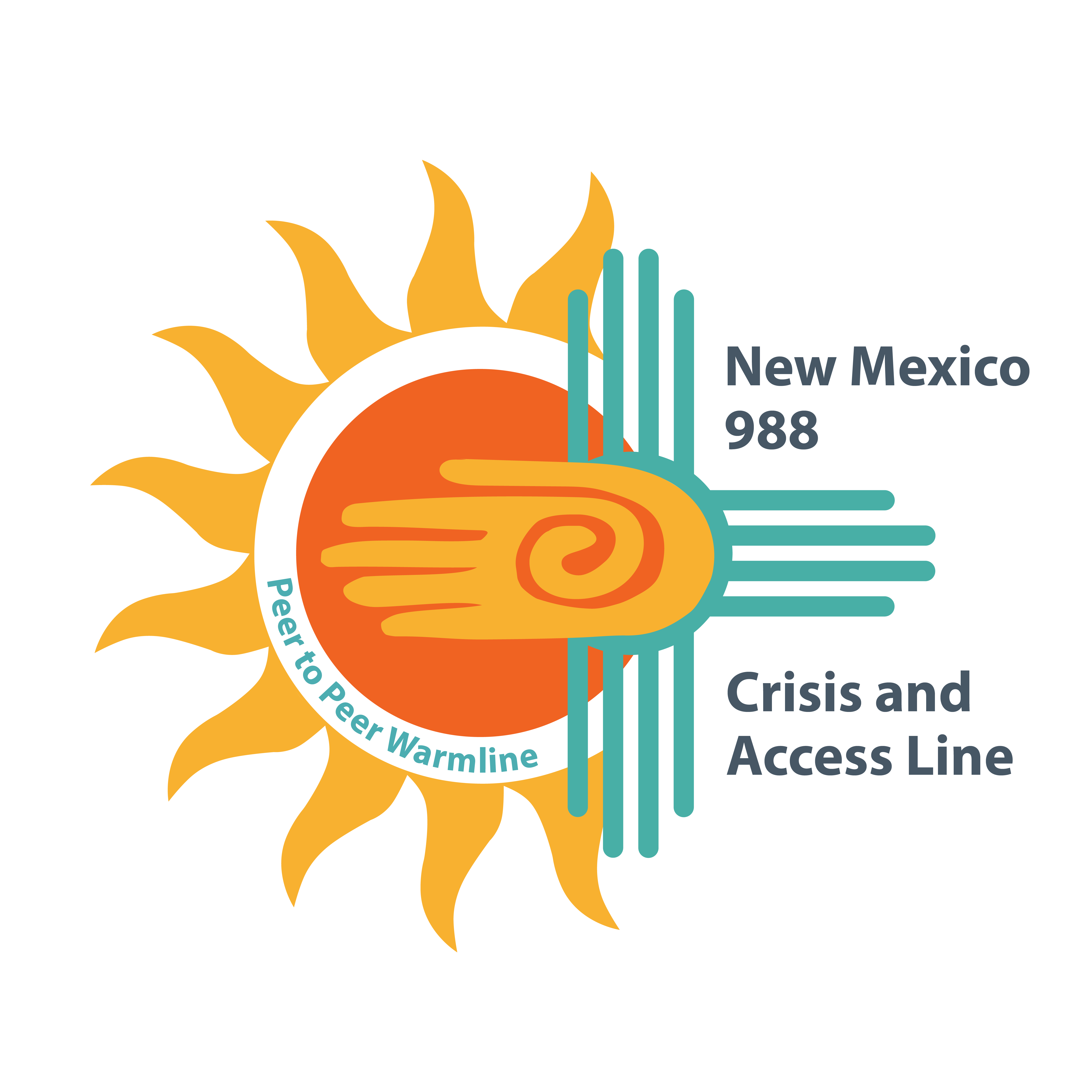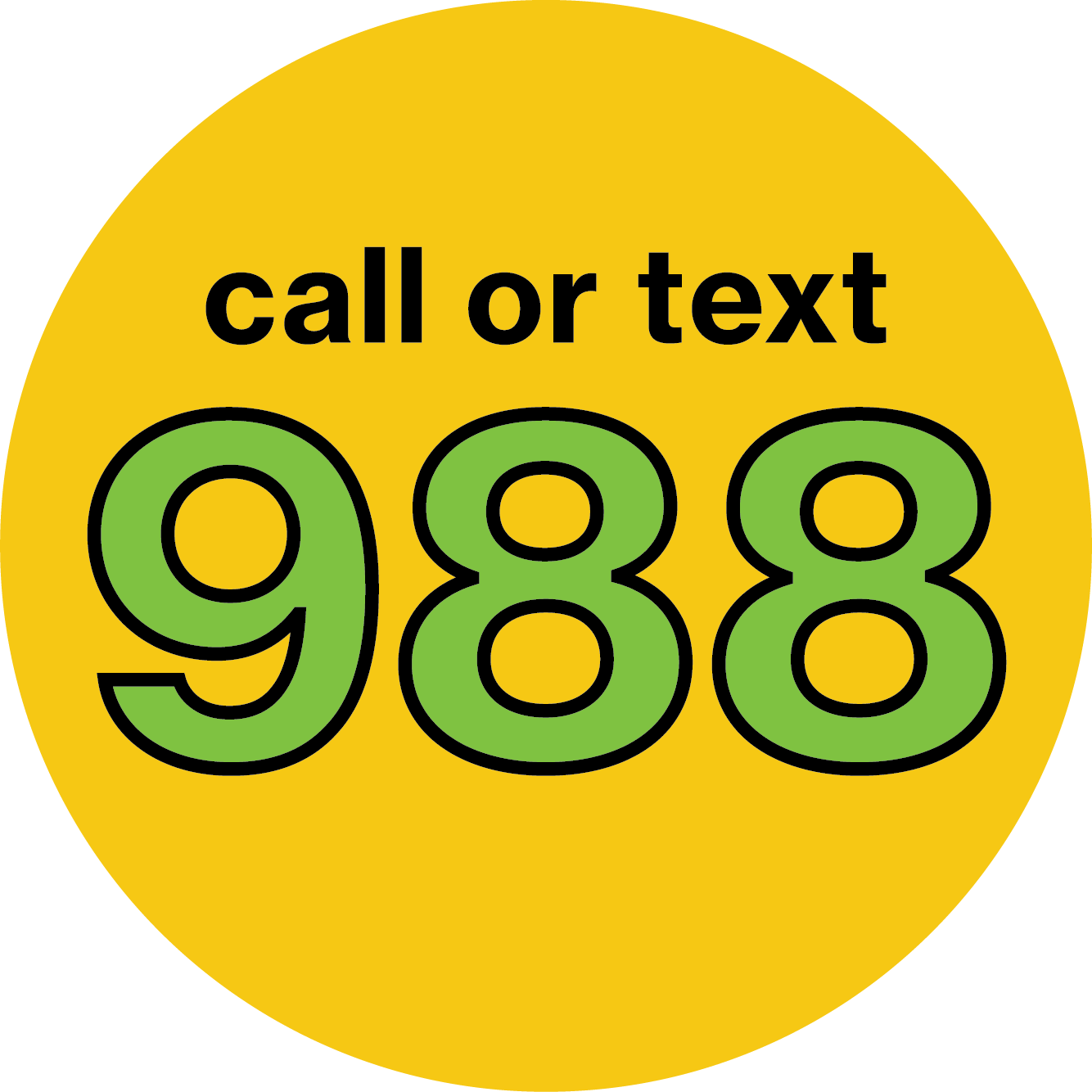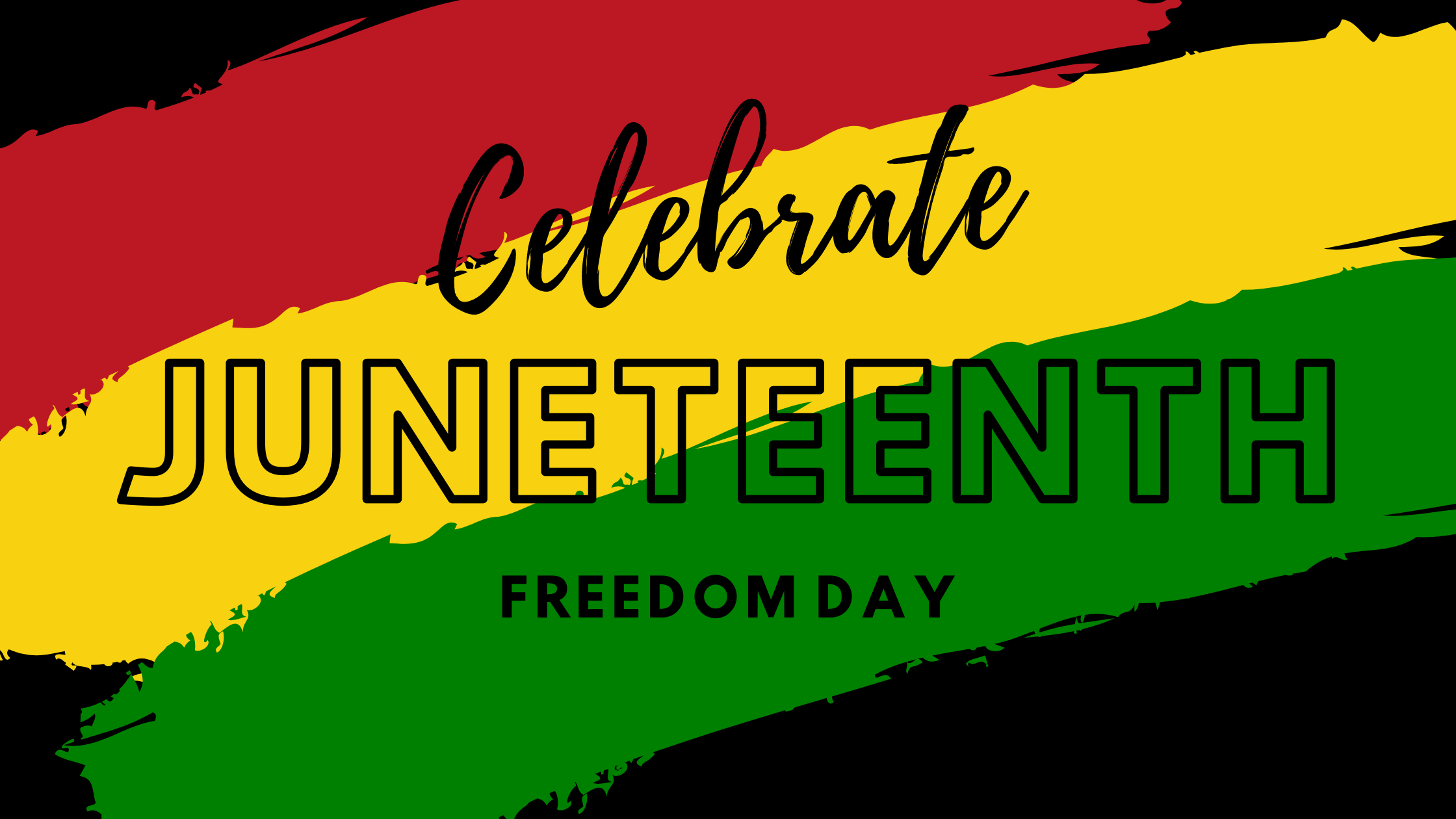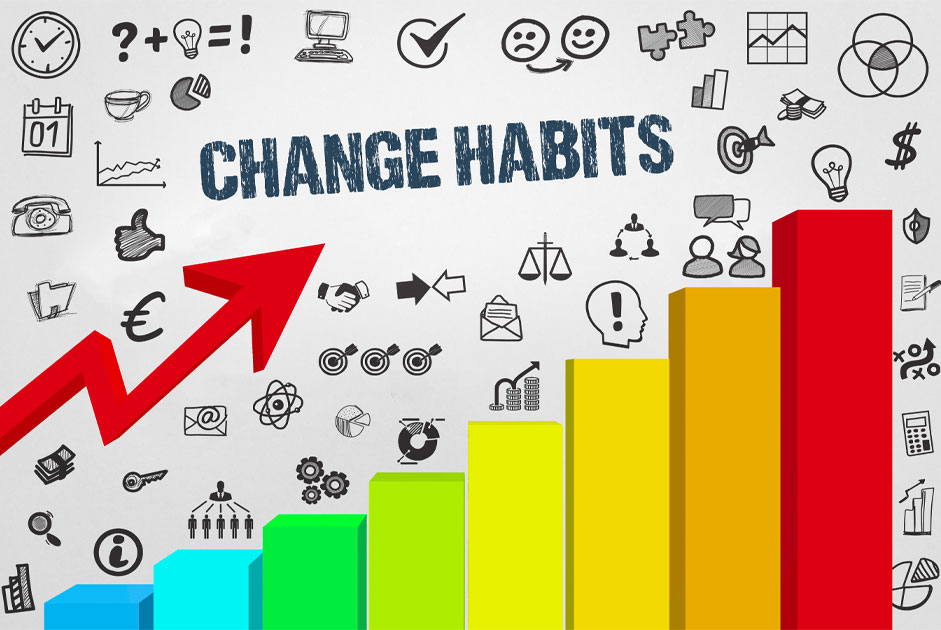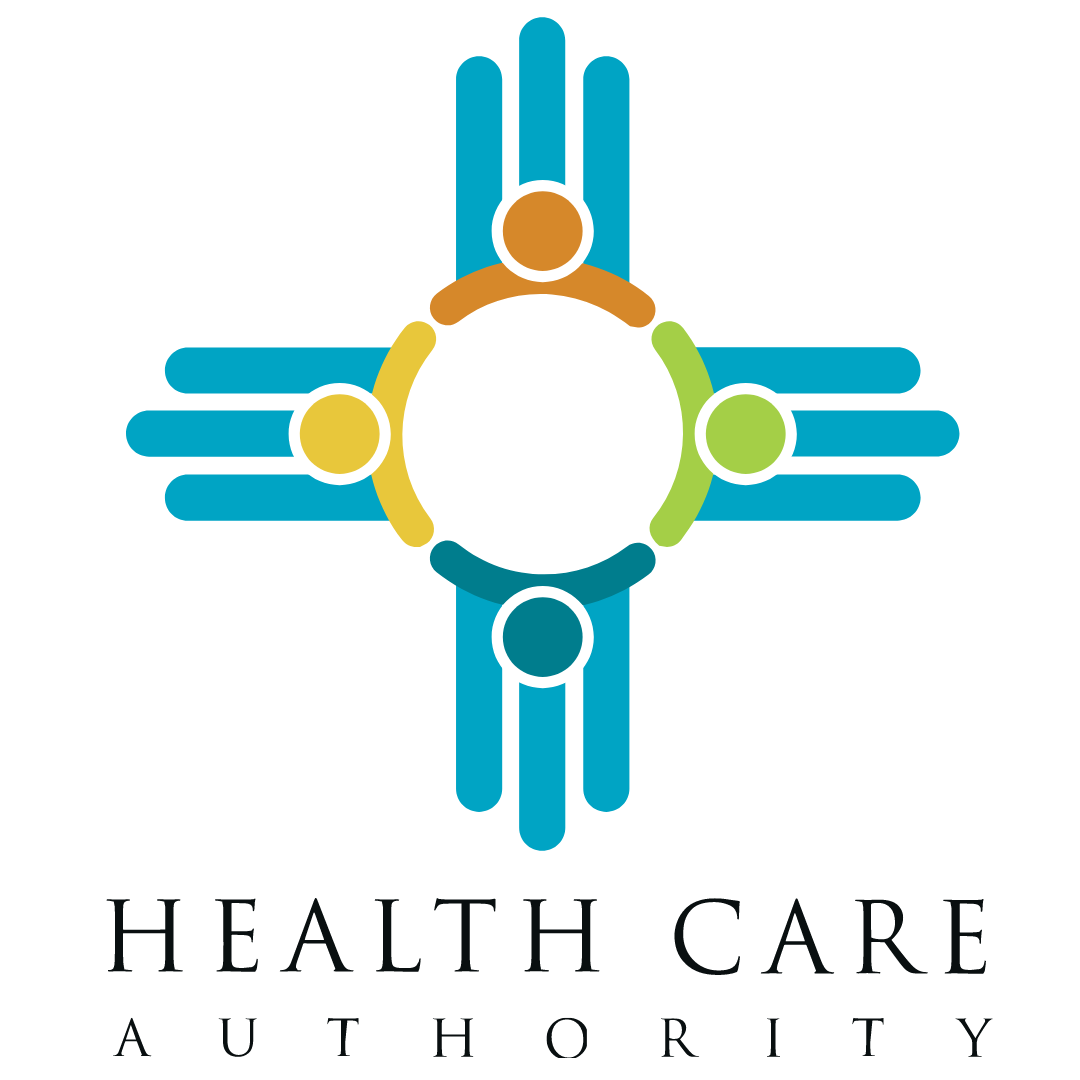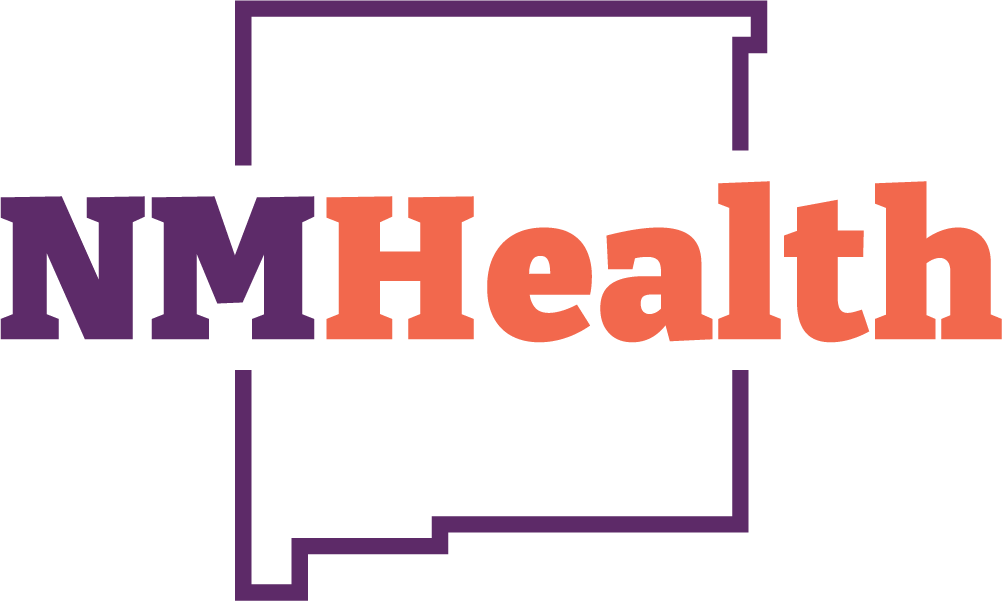Juneteenth is a holiday meant for remembrance and resilience. It is a call-to-action for progress towards a more just, unified and equitable nation.
This year’s Juneteenth pays homage to bridge multiple generations to celebrate freedom, understand the meaning of emancipation, explore the opportunities this has offered, activate bringing community together, and provide education on this important date.
This date (June 19, 1865) when General Granger, and his Union troops, marched to Texas and issued General Order No. 3, which announced the news of the Emancipation Proclamation that was signed by President Abraham Lincoln in early 1863. On this day, over 250,000 Black Americans who had still been kept enslaved in the western-most Confederate states finally received news of their freedom, marking the official end of the Civil War.
- Upon hearing the news, former slaves became free Americans by executive decree, and many migrated north in search of new lives and in hopes of reuniting their families torn apart by slavery.
- In 1866, thousands traveled back to Galveston on June 19 in recognition of their newfound freedom, calling the gathering Jubilee Day.
- In 1872, when faced with backlash for their pilgrimage back to the island city, a group of Black Americans purchased 10 acres of land in Houston and named it Emancipation Park. It was devoted specifically as a Juneteenth celebration site and is still around to this day.
- Juneteenth became an official state holiday in Texas in 1980.
- When Juneteenth was officially named a national federal holiday in June 2021, the city of Galveston dedicated a 5,000 square-foot mural titled “Absolute Equality” near the location where General Granger announced the news of freedom.
- On June 19th, all throughout the country, Black Americans celebrate Juneteenth with parades, gatherings, and marches that honor the struggles of those who came before and the futures of those who continue to pave the way forward.
While we celebrate this day, we understand that the historical Black and African American experience in America has been characterized by trauma and violence, which in turn impacts emotional and mental health of both youth and adults. If you or someone you know needs to talk to someone about a mental health, behavioral health, emotional health, or substance use matter, there is always a professional counselor here to hear you at the New Mexico Crisis and Access Line (855-662-7474), the Healthcare Worker and First Responder Support Line (855-507-5509), or a peer support on the Peer-to-Peer Warmline (855-466-7100).
Download the NMConnect app to easily access the call lines and resources.
- Link to the Apple iOS download
- Link to the Google Play Store download
